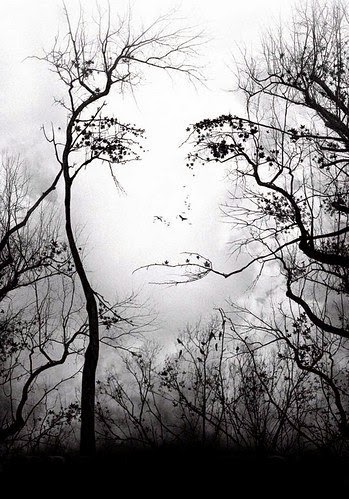I PRAISE: Panun Doud Panen Dug
One may have many reservations regarding the poet but the work of art calls for proper appreciation
Rilke, one of the greatest modern poets, has a poem that reads:
THE POET SPEAKS OF PRAISING
Oh speak, poet. what do you do?
I praise.
But the monstrosities and the murderous
days,
how do you endure them, how do you take them?
I praise.
But the anonymous, the nameless
grays,
how, poet. do you still invoke them?
I praise.
What
right have you, in all displays,
in very
mask, to be genuine?
praise.
And that the stillness and the turbulent sprays
know you like star and storm?
Drawing inspiration from Rilke, I today praise a little known contemporary Kashmiri poet who has struck some deep chords in me, as a token of gratitude for the ordeal that the poet has suffered for conceiving or writing poetry. A work of art has to be approached first and foremost as a work of art and let us note that some masterpieces of poetry in all traditions have been composed by people whom nobody knows. Seeing myself as a visitor of a City or Castle of Art, I enjoy some art works more than others and one hardly asks in a beautiful museuem about CV of the artist or unknown craftsmen who gave them to us. Believing with the traditionalist critics that every man is a special kind of artist and not that an artist is a special kind of man, I have been seeking some contemporary pieces of works of art that would be possibly of interest of some more readers. Slim works of poetry are less suspect for being worthy of larger attention. Mostly few poems of poets are all that deserve to be preserved for posterity. Rafiq Masoodi’s slim volume captured my attention, so today his work provides me the opportunity to offer my gift of praise. Let it be noted that man is a praising animal and I can’t resist praising.
There are two kinds of people or “critics”: those who focus on beauty and those who focus on ugliness in a given piece of work or in our acquaintances or fellow travelers. I am in the first camp and take my time’s worth in enjoying those glimmerings of beauty.
I recall some great tributes to parents but not to grandparents in Urdu or Kashmiri poetry. The dedication of the poet to the grandparent gives a refreshing opening that recalls Chinese culture’s reverence for the elders. Refreshingly it happens to be a book of tributes. Dedicated to two generations of his family, it has wonderful tribute to Alamdar, to his one time “patron” G R Bacha, to his Murshid Shafi Sahib and some others that would appear surprising to most readers.
All of us have perhaps been hurt but very few have been able to prove this as blessing in disguise by transforming the experience into poetry. It is hard to believe how such a sensitive poet could engage in protracted prosaic legal battles and reportedly win them as well. While I have enjoyed reading the poet I couldn’t help wondering why he shouldn’t be immensely grateful to those who have hurt him for bringing to surface the hidden poet in him.
Duchiyut illustrates wonderful imagination. Half mystical half pastoral, “Moan hamzaad” is a song of experience that takes us to haunting world of Blake. What a beauty!” Poems such as Lal Daedi,” “Gonahgaar” “…..?,” “Urbanisation” “Rishti” “Moun Chahrer” may find place in any anthology of modern Kashmiri poetry.
We keep judging and backbiting but hardly find time for just enjoying, just praising life. The crux of Holderlin, arguably the greatest German poet, and Heidegger, undoubtedly the greatest German philosopher of the twentieth century, lies in cultivating faculty of praising. Masoodi’s “Wuni ti chi zindagi zindae” recalls mystic appreciation of what Abraham Heschel calls the blessing of just being alive.
The book is perhaps in unique in being a collection devoted to poems instead of ghzaals only and all in free verse besides making some daring new innovation in form as some poems printed on facing pages can be read both separately and jointly.
Poetry is sacrifice, escape from personality. If our poet hints at his inability to transcend this personality when he turns explicit in his statement of being hurt, we may recall of human, all too human, character that we are before being artists.
Kashmir’s present predicament finds voice in many poems. “Gam ti Kabristan” depicts how Kashmir has become a graveyard. A subtle portrait of our collective sins and corruption is “Naeth naen.”
Panun Doud Panen Dug has indeed been transformed into Soan Doud Saen Dug and that shows the success of the work.
The only problem in the book I found with the poet’s preface in which he has filed a wrong affidavit that he is not a poet. We have poets who keep shouting maan na maan ham hae teray shair.
I conclude with a prediction: Some poems of Masooodi will never be out of print and editors of anthologies or text books can’t ignore the poet who has the humility to disown any poetic credentials.
http://greaterkashmir.com/news/2014/Dec/19/i-praise-panun-doud-panen-dug-15.asp

Comments
Post a Comment